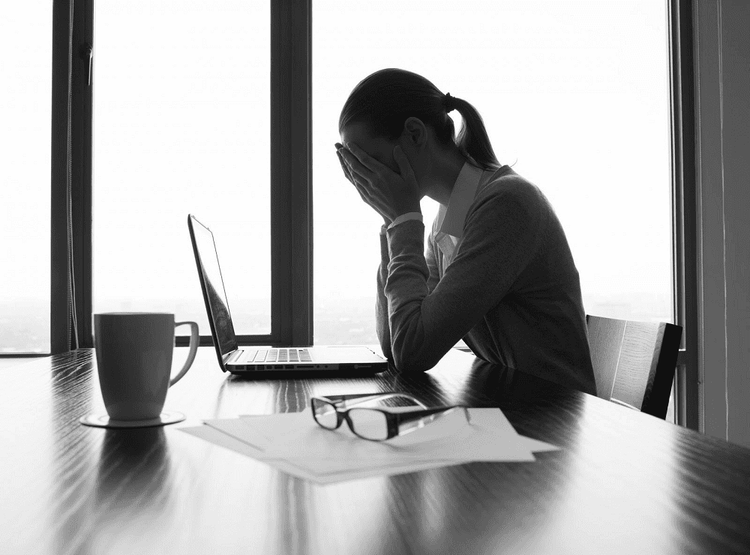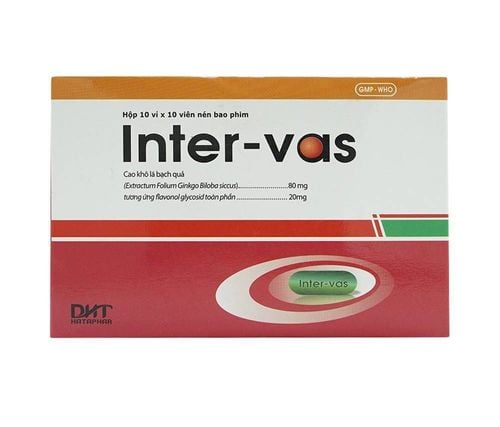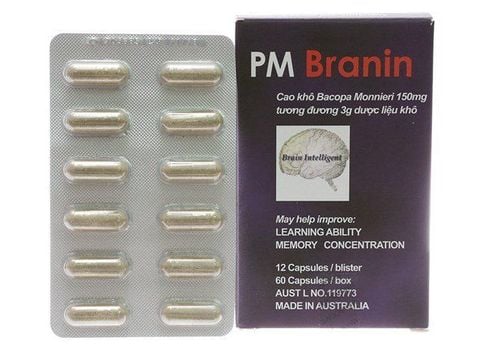This is an automatically translated article.
When the pace of life is getting faster and faster, as well as the high demands of work, you are prone to stress. There have been reports that work stress has the potential to shorten life expectancy. Is this conclusion correct?
1. Are you exhausted from stressful work?
Many times, you may experience work stress, and take it for granted. You accept the high demands of your position, but working long hours at the office every night can be exhausting without you always realizing it.
Workplace burnout is real and it's important to recognize the red flags before it's too late, causing serious deterioration in your health. Listen to your body and feel if you are in a state of burnout through the following signs:
Things about work start to bother you
When you get excited about your work, things will change. should be easy and the positivity and optimism will help you relieve stress at work. But when you feel that you lose interest in meetings, teamwork, etc., this is a sign of burnout at work.
You don't have the energy to work
When you stop caring about your work, your work performance will always suffer. Of course, you still need a salary, the work results only help you complete the task without the development. You can't focus, you're not motivated, and as a result you start completing tasks as a compulsion.
Difficulty with work-life balance
If you are paid big salaries, some employers think they have the right to demand full time and attention and you shouldn't complain. However, regardless of your position or how much you earn, you shouldn't let one job control every aspect of your life. Working around the clock benefits your paycheck, but it doesn't help your sanity at all. Putting everything that's important to you first is a recipe for burnout.
You eat, sleep and work in your dreams
By classification there is good stress (short term) and bad stress (long term). While good stress releases chemicals that help you function better and boost brain power, bad stress is the burnout type of stress that puts you at risk for health problems. If you wake up thinking about work, go to bed thinking about work, and dream about work-related problems, your mind will never rest. As if you were always in work mode. Whether you realize it or not, this can wreak havoc on your health, causing: high blood pressure, frequent colds, weight gain, insomnia, depression.
You always feel irritable
If you are unhappy at work and are about to burn out, this unhappiness can seep into your personal life. You may be short-tempered or irritable with co-workers and risk becoming a less friendly version of yourself outside of the office. This can put you at odds with friends and family.

Công việc căng thẳng có thể kiến bạn cảm thấy không có năng lượng để làm việc
2. Does stressful work make life shorter?
So, when you are exhausted, not being able to relieve stress at work will make your life span shorter?
Erik Gonzalez-Mule, study lead author more control at work. He is an assistant professor of organizational behavior and human resources at Indiana University's Kelley School of Business.
The researchers also found the opposite to be true. People in demanding jobs with a high degree of job control seemed to have a 34% lower chance of dying during the study.
However, the study could not prove a cause-and-effect relationship between job control and death. It only shows the relationship between these factors.
Gonzalez-Mule explains, there are still a number of ways that lack of control at work can affect overall health and risk of death.
He said: “We know that the workplace has an impact on health. In particular, there is evidence that stressful jobs affect our satisfaction with our lives."
Gonzalez-Mule said he and co-author Bethany Cockburn from the University of Iowa launched the study. study to better understand the effects of work stress on health, the researchers also wondered if "high control really makes stressful jobs beneficial." , says Gonzalez-Mule
Researchers looked at nearly 2,400 participants in a long-term study in Wisconsin. All of the study volunteers were between 63 and 67 years old in 2004. examined answers from participants in 2004 about their work and then tracked their health through 2011. Half of the study participants were women. low level of control at work - "inability to set one's own goals, decide how to complete tasks, and prioritize work", “Having low control for a stressful job was associated with a 15.4% increase in mortality compared with low control for a low stress job,” Gonzalez-Mule also said. - Mule said.
Gonzalez-Mule says: “Decades of health research have found that the effects of stress compounds over time, starting with psychological stress, can eventually lead to problems physical problems like high blood pressure and even death.”

Stress công việc có khiến tuổi thọ ngắn hơn
3. What to do to relieve stress at work?
It can be seen that recognizing stress and relieving work stress is extremely important to maintain your health.
First, with short tasks, try to complete them immediately. This can promote a sense of accomplishment and keep you motivated to keep going. Spend your free time on rewarding hobbies. After a long day at work, you may lack energy for anything but a movie night. However, challenge yourself to do something different every once in a while, especially when you feel most exhausted. To feel rejuvenated after a break, consider starting a garden, reading a book, or doing one thing to improve your living area each day. Make a plan to take care of yourself. Prioritizing physical and emotional needs is an important part of creating a balance between your work and personal life.
Please dial HOTLINE for more information or register for an appointment HERE. Download MyVinmec app to make appointments faster and to manage your bookings easily.
Reference sources: webmd.com, healthline.com












